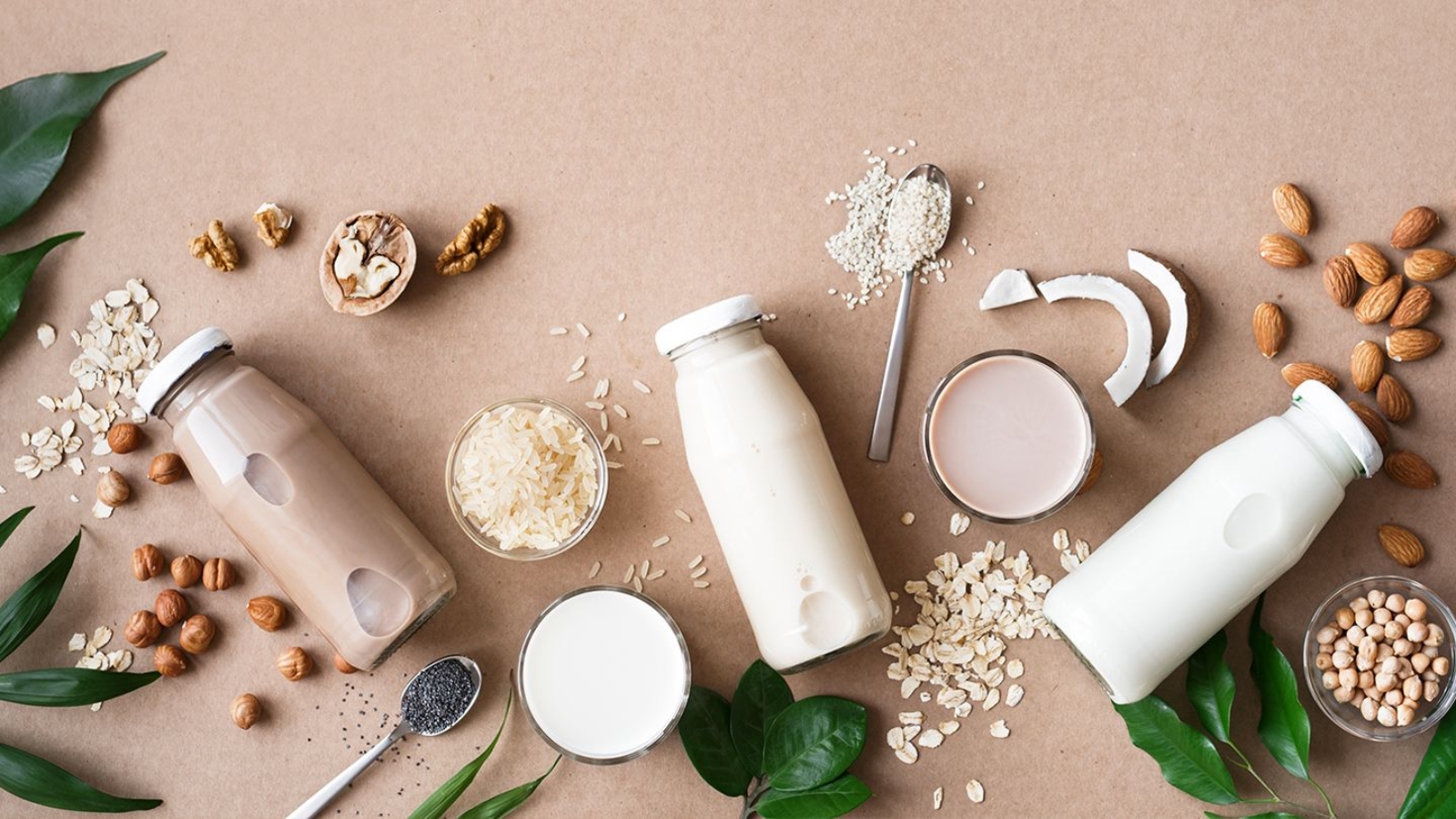We grew up hearing about the health benefits of milk. It’s rich in high-quality protein and important vitamins and minerals, including calcium, phosphorus, and B vitamins. But sometimes it creates problems for some people due to allergies. In this article, we learn below
Let’s start with our first topic.
What are possible allergies to milk?
Milk is our favorite beverage, whether poured over cereal or mixed into tea or coffee., it is not a suitable choice for some of the following reasons.
- Milk Allergy: A milk allergy is an atypical immune system response to milk and products containing milk. It’s one of the most common food allergies in children. Symptoms are rashes, vomiting, diarrhea, and severe anaphylaxis.
- Lactose Intolerance: Lactose intolerance is a common digestive problem where the body is unable to digest lactose, a type of sugar mainly found in milk and dairy products.
- Cow’s milk protein allergy (CMPA): It is a type of milk allergy where a baby’s immune system responds to the proteins found in cow’s milk, causing the baby to have allergic symptoms. These can include problems with skin rash, diarrhea, vomiting, constipation, coughing, and a runny nose. CMPA usually occurs before a baby’s first birthday.
- Dietary Restriction: A dietary restriction is a limitation on what a person can eat. While some are spurred by allergies,
Best Milk Substitutes and Their Applications:
Fortunately, there are some substitutes available on the market that are equally beneficial to our health. The best milk substitutes for various situations and dietary preferences are listed below.
1. Oat Milk:

The best non-dairy option is oat milk. It is a mixture of oats and water. Oat milk is higher in carbs than most other plant milk, and it also boasts extra fiber. Much of the fiber in oats is soluble fiber, which offers several health benefits, such as reducing your cholesterol levels and keeping you full for longer. Oat milk is recommended for your morning cereal; smoothies; baked goods; curries; lighter cream soups and sauces; and mashed potatoes.
2. Hemp milk:

It is made from ground, soaked hemp seeds. Hemp milk is nutritious. milk is a solid choice. It is another milk alternative that is making its way into the spotlight. A cup generally contains about 80 calories, 7 grams of fat, and 2 grams of protein. It’s a good source of iron, which can help with energy, and it contains some fiber, which can help with digestion.
3. Cashew nut milk:

It is made up of soaking, blending cashews with water, and then straining. Cashews themselves provide zinc, copper, and magnesium, which help support your immune system. It tastes good with tea and a latte.
4. Rice Milk:

It is made up of a mixture of blended rice grains and water. It is high in carbohydrates, iron, and calcium. Out of all the non-dairy alternatives, taste-wise, it is the closest to cow’s milk. It has its natural sweetness. It is one of the lightest, sweetest, and most refreshing dairy substitutes. Due to its sweet flavor, rice milk is perfect for desserts and baked goods. Its delicate texture also works well in curries as well as light cream soups and sauces.
5. Soya Milk:

It is plant-based milk made up of soybeans. It is an excellent source of complete protein that makes it the closest thing to cow milk nutrition-wise. Unlike rice milk, it has an unsweetened, creamy texture. One cup (240 ml) of unsweetened soy milk contains 80–90 calories, 4–4.5 grams of fat, 7–9 grams of protein, and 4 grams of carbohydrates. Soy milk can easily be substituted for cow’s milk in all baking needs; over cereal, for pancakes and waffles, in smoothies, or straight from the glass. As it is unsweetened, it also works well in savory dishes.
6. Almond Milk:

Like cashew nut milk, it is also made up of soaking, blending with water, and then straining. It is a very popular non-dairy alternative. Almond milk is rich in vitamin E and also fortified with nutrients like calcium and vitamin D to increase the nutritional value. It has a light texture and a slightly sweet and nutty flavor. It can be added to coffee and tea, mixed in smoothies, and used as a substitute for cow’s milk in desserts and baked goods.
7. Coconut Milk:

It is made from water and the white portion of coconut. Coconut milk is nutritionally higher in fat and lower in carbohydrates and is fortified with vitamin B12 and vitamin D to boost its nutrition. It has a strong coconut flavor. This diluted version of milk is mostly used in South Indian cuisines like curries and soups.
What to look for in alternative kinds of milk:

As we learn, there are so many non-dairy milk substitutes available on the market, but we have a few things before buying them. Here are they:
1. Added Sugar:
If you have a nontolerance for lactose, then the first ingredient that you need to consider is added sugar. Stop right there if you see added sugar on the label. Stick only to unsweetened or naturally sweetened products like almond milk.
2. Low in Calories:
Some people choose dairy alternatives because they want to lose weight, so choose those products that are lower in calories.
3. Additives:
Some non-dairy products contain additives like carrageenan and vegetable gums to make them thick and smooth. Well, additives aren’t as scary as they sound. They are not harmful, but care is necessary.
4. Dietary needs:
Some people have allergies or intolerances to certain ingredients used in plant-based milk, such as gluten, nuts, and soy. Be sure to check labels if you have an allergy or intolerance.
5. Calcium content:
Cow’s milk is rich in calcium, which is vital for healthy bones. If you are choosing a non-dairy substitute for your growing children, then make sure it is rich in calcium like cow milk.

 Cart is empty
Cart is empty 
Leave A Comment